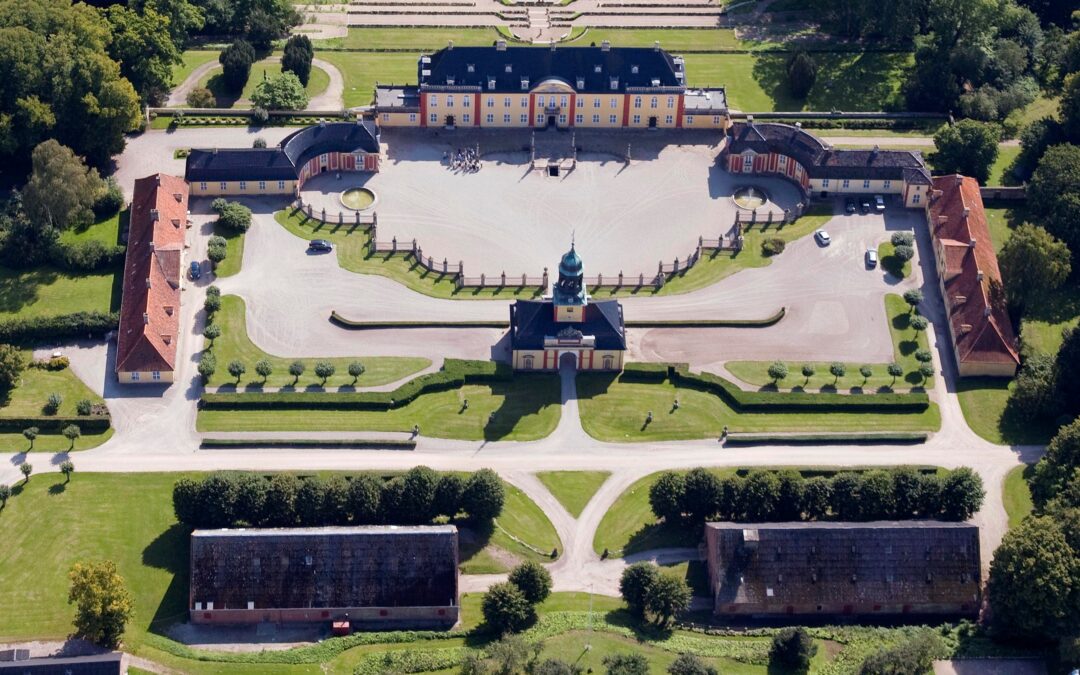9-11th October 2025
The European Network for Country House and Estate Research (ENCOUNTER) is pleased to announce the 9th ENCOUNTER Conference. The conference is hosted by the network in collaboration with The Danish Research Centre for Manorial Studies and Gammel Estrup – The Danish Manor Museum.
The manor or country house is often viewed exclusively as a stage for the economic and political elite of the past, a setting for splendour, luxury, and self-presentation. However, the world of the manor also included a well-defined hierarchy consisting of landowning families, tenant farmers, servants, craftsmen, and labourers, all negotiating the dynamics of power. Ideally, the manor operated as a paternalistic institution built on mutual obligations: masters provided care and protection, and subordinates offered work, loyalty, and obedience. This relationship was both a practical arrangement and an ideological framework, a power dynamic, and a manifestation of social inequality.
These historical structures could however be a source of both resistance and conflict as well as support and benevolence. On a larger scale, country houses became both targets and symbols during major confrontations, from peasant revolts to revolutions and civil wars. On a smaller scale, historical court records reveal conflicts involving servants and owners or the owners’ representatives. Conversely, the manor provided the social framework for many people’s lives, offering employment, housing, and protection. Country house owners offered patronage and sought to cultivate the religious and moral development of their staff and communities. Loyal service was rewarded with promotions and comfortable living conditions. Manors funded churches, schools, alms-houses, and gave donations. However, the nineteenth century brought dramatic social changes, as industrialisation drew labour and wealth into the urban centres. To what extent were these changes driven by further political developments and societal reforms? Was social change in a rural context a one-way phenomenon dictated by landowners?
The ENCOUNTER conference will explore these dynamics, primarily focusing on a bottom-up perspective, highlighting the master-servant relationship in its full paternalistic scope, and addressing household, villages, rural communities, etc. This includes shedding light on the conditions and material realities for servants and workers, as well as the organisational structures. And to explore conflicts/resistance and limits within the relationship, as well as changes in the nature and conditions of the relationship over time.
ENCOUNTER was founded in Denmark in 2015 and has since provided a framework for interaction between scholars and cultural institutions in Europe sharing a professional interest in the research and interpretation of manor and country house history. The conference thus also marks the network’s 10th anniversary.
Please find a link to the full programme here.

